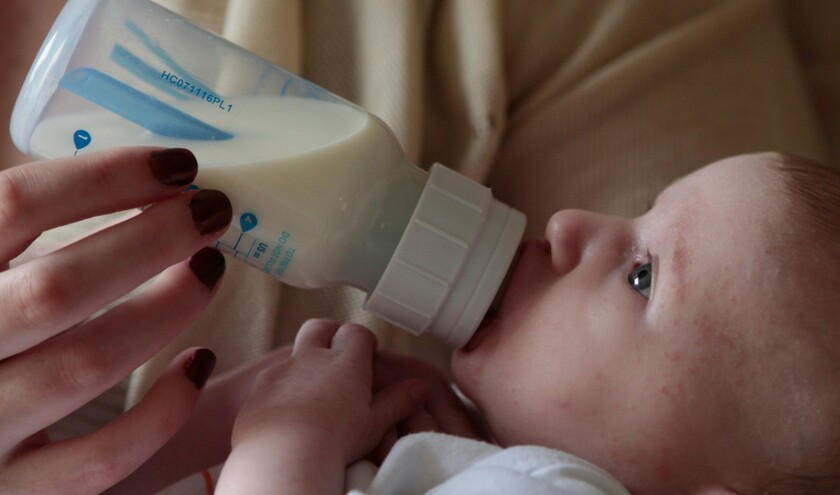Following a market study into the infant formula and follow-on formula market, the CMA has issued its four final recommendations, which are:
- Removing brand influence in healthcare settings: Parents should be provided with timely, clear, accurate and impartial information on nutritional sufficiency of all infant formula products as early as possible. Where parents are given infant formula in healthcare settings, labelling should be standardised to reduce the influence of branding on their decision making. For example, branded formula could be put into non-branded containers, or the NHS could have a white-label formula.
- Equipping parents with the right information when they are shopping: Information about nutritional sufficiency should be displayed clearly and prominently on shelves and when buying online. In store, all brands of infant formula should be displayed together and in a separate cluster from other formula milks to enable quick and easy price comparisons.
- Strengthening labelling and advertising rules: All packaging should clearly display information on nutritional sufficiency. Claims that are intangible, or cannot be easily checked by parents, should be banned. Like infant formula, advertising (including price promotions and deals) for follow-on milks should be banned. Parents should be allowed to use gift cards, vouchers, loyalty points, and coupons to purchase infant formula.
- Effectively enforce current and future rules: Strengthen the roles played by relevant authorities so they must approve the packaging of all infant formula products before sale. At present, companies can put products onto the market before the relevant authority has reviewed the label.
Sarah Cardell, chief executive of the CMA, said: ‘Every parent wants to give their baby the best possible start in life. Many whom need, or choose, to formula feed, pick a brand at a vulnerable moment, based on incomplete information, often believing that higher prices must mean better quality. This is despite NHS advice stating that all brands will meet your baby's nutritional needs, regardless of brand or price.
‘Governments across the UK are committed to the tight regulation of infant formula for public health reasons. So, our proposals are designed to help parents make the best choices for them and their babies, with access to better information, while sharpening the effectiveness of the existing rules.'
Public Health Minister, Ashley Dalton, added: ‘There are many benefits of breastfeeding but for those families that cannot or choose not to breastfeed, it is vital that they can access formula that is affordable and high quality. Families should not be paying over the odds to feed their babies because of outdated regulation.
‘As part of our Plan for Change, we're determined to ensure every child has the best start to life. We will carefully consider these recommendations and respond fully in due course.'



